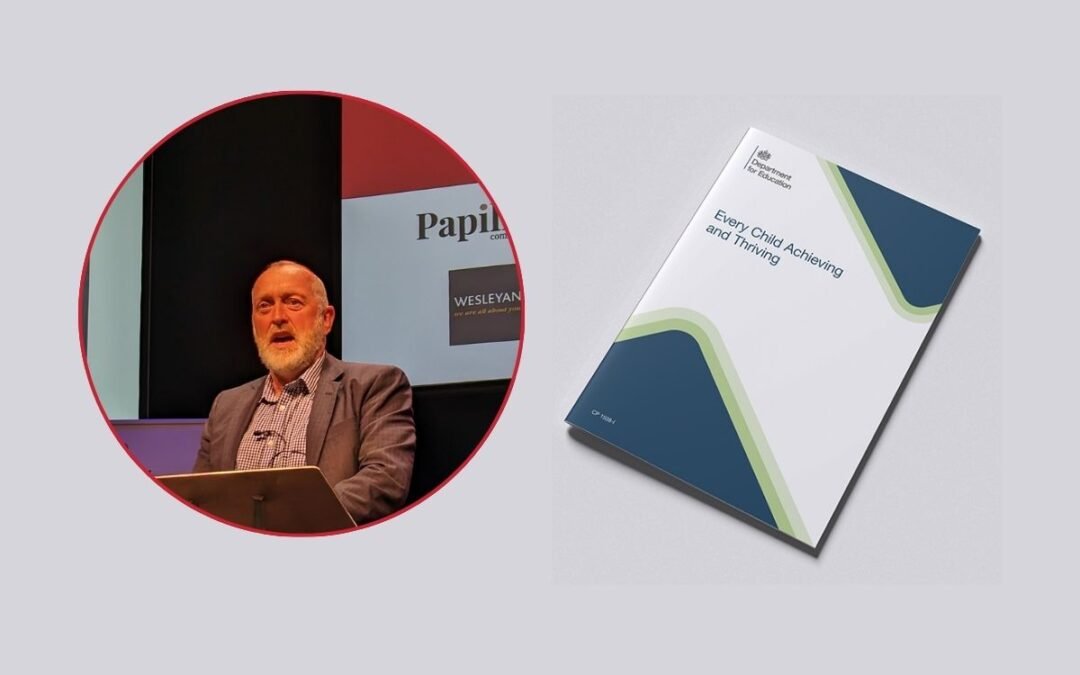The long-term success and sustainable development of any organisation fundamentally depends on good governance. A CEO can only ever be as good as their governing board. The high quality support, challenge, and strategic direction provided by a board is something every effective CEO prizes and relies upon.
Yet, too often the preparation and development of trustees/directors is left to chance. Whilst ongoing training and external review can go a long way towards ensuring trustees are well placed to fulfil their duties and perform highly, it is induction that matters most. As corporate governance expert Jo Haigh says “it has often struck me as rather strange that young graduates joining an organisation are given a more structured induction than the new director, particularly given that it is the director’s job to help steer the organisation to success.”
Preparation for, and induction to, the role must be brought into sharper focus at a time when boards’ capacity is becoming increasingly stretched. Recent research by Russell Reynolds found that demands on directors’ time has never been greater and that recruiting top directors has become increasingly challenging. It is essential that we make the pathway into trusteeship / directorship smoother.
At Forum Strategy, we’re often asked: what does a good induction process for trustees look like? It should certainly involve a one to one meeting with both the Chair and with the CEO, an opportunity to meet other board members outside the formality of the boardroom, and a chance to visit the frontline of the organisation – meeting key staff, customers and other stakeholders. ‘Buddying’ new trustees with a more experienced colleague can also be extremely useful.
However, all of this must be reinforced and supported by high quality, relevant, and focused induction materials. It’s important that Chairs ensure a good balance between informing a new trustee and not overwhelming them with too much information!
So what should a good induction pack include?:
– Chair’s introduction on mission and values of the organisation
– Mini CVs of all trustees (and members)
– A copy of the organisation’s five year strategic plan, together with an organisational chart
– Copies of the last three CEO reports
– Copies of the last six months’ of board minutes
– Up to date management accounts and forecasts
– A role description
– A summary of trustees’/directors’ legal duties under company and charity law
– Articles and memorandum
– A list of the board’s ‘reserved powers’
– A code of conduct!
In addition to this, we would also recommend three essential publications for new trustees to read. These are:
– The seven signs of ethical collapse by Marianne Jennings
– Being The CEO by Michael Pain
– The OECD Strategic Educational Governance organisational framework.
For those boards that are also committed to external review and evaluation, it can be extremely helpful to share the latest report with new trustees. The induction process should also provide an opportunity for trustees to self-assess their development needs against an accessible framework, ensuring the Chair can provide essential CPD opportunities going forwards.
Finally, not only should this information be available to new trustees, it should be provided in an accessible way. Making sure that – rather than providing an email with a large number of attachments – new trustees/directors can access materials via an engaging and well laid out online portal, can make a big difference. This can also ensure that any updates and changes are immediately made available to all trustees.
It’s never been more important for Chairs to create the conditions and support mechanisms so that their boards thrive in a complex and demanding context. A good and suitably thorough induction process is an essential component in doing just that.
Hints and tips for good induction materials
– Keep the language clear and avoid jargon wherever possible
– Ensure materials are stored on an online portal, with notifications sent out when updates are made
– Make sure that trustees/directors receive access to the information at least one month before commencing their role
– Ask for feedback on the accessibility, quality and quantity of the information provided
– Use video and multimedia where possible to ensure the materials are as engaging as possible.
Forum Strategy provides external reviews of governance. Find out more here: https://forumstrategy.org/leadership-training-development-2/


